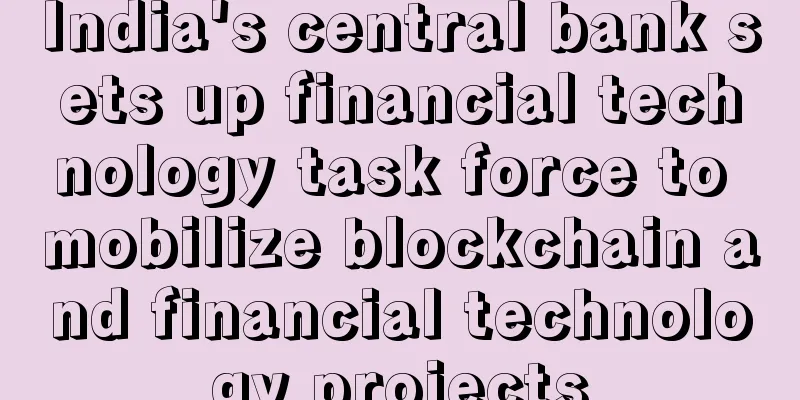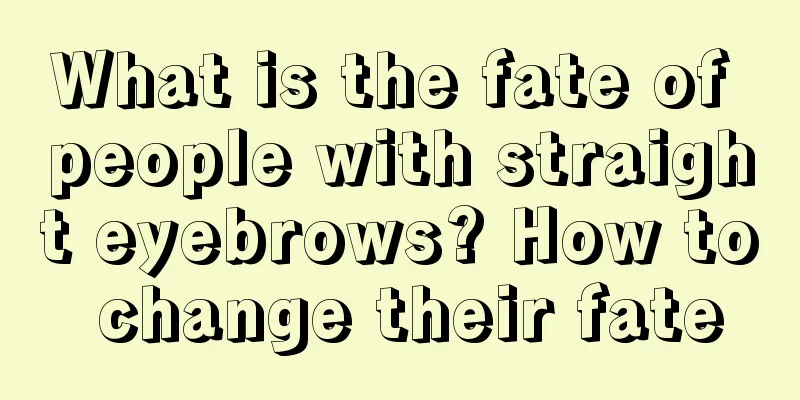India's central bank sets up financial technology task force to mobilize blockchain and financial technology projects

|
To address the challenges posed by technology, the Reserve Bank of India (RBI), India’s central bank, has put in place measures to address disruptions caused by cyber crime and emerging financial technology sectors, including blockchain. RBI has set up Reserve Bank Information Technology (ReBIT) to address these issues. R. Gandhi, Vice President of the bank, summed up the important role played by ReBIT activities at the 12th Banking Technology Development and Research Institute Excellence Awards held in Hyderabad. Gandhi's speech was also used in a report of the Bank for International Settlements in Basel, Switzerland. In addition to ReBIT, RBI has also organized a FinTech Task Force to better understand new financial technology paradigms and document best practices for their use. Rising cybersecurity threatsGandhi said cybersecurity marks one of the most serious challenges facing the financial industry. While banks have used technology to prevent crime, criminals are increasingly using technology to commit crimes. Bank IT systems are a prime target for cyber criminals, and the problem is growing. Citing recent incidents at Bangladesh Bank and other institutions, Gandhi said: "Providing secure IT systems is an undeniable requirement if we need to provide secure banking services. It is crucial in every IT project and security is an important component that needs to be addressed." He noted that cyber attacks have become highly sophisticated and are using specialized techniques to exploit tiny variables that often go unnoticed. IDRBT has a Chief Information Security Officer (CISO) forum where banks can exchange information and also respond to cyber incidents. Blockchain ProgressGandhi said that cloud computing and blockchain-based processing technologies are developing rapidly. Virtualized IT systems can provide safe, traceable, secure digital currencies, homogeneous information systems and distributed ledger custody. These improvements will provide better customer service. Another key development is the emergence of financial technology companies, which Gandhi calls "new, incompatible disruptors." Banks have traditionally viewed each other as competitors and financial technology companies as their enablers. Banks do not view these financial technology companies as direct competitors. Gandhi said that banking knowledge no longer lies with bankers, but with technologists. Technology has today dissected the entire banking and financial value chain and tied it together in innovative ways, making financial technology companies the middlemen between savers and investors, senders and receivers of funds.
Financial technology development requires the participation of banks He said financial technology innovators are becoming competitors to central banks. The long-held belief that central banks have no competitors in issuing money has been challenged by electronic money. "However, I still maintain, as I have since 2001, that electronic money cannot replace money; it can only be a better alternative to any other payment instrument," he said. However, innovators and researchers will continue to develop electronic money. Gandhi said he supports this research. Another important topic is the payment revolution unleashed by technology. This is an area that brings huge benefits to banks. India has the best payment and settlement system in the world using the most advanced technology and the volume of transactions processed is gradually increasing. Gandhi said the new payment system project aims to increase comfort levels to satisfy customers. But it is important to ensure that the system is secure and provides efficiencies, including lower costs for ordinary users. Taking full advantage of the payment revolution is a challenge. Changing demands for financial inclusionFinancial inclusion represents another challenge. Gandhi said financial inclusion is achievable and IT will play a fundamental role. The banking industry needs to integrate KYC (know your customer) and account opening requirements with other systems such as AADHAR (AADHAR is a unique identity number issued by the Indian Identity Authority, the world's largest national identification program). This integration will enable the use of funds without the movement of cash. It will also ensure that the average user will be able to access banking and financial services. Gandhi said: “It was a big challenge to find the right technical solution in the shortest possible time” He called on banking professionals, academia and industry to work together to meet all the challenges he described. He pointed to the CIO Forum and CISO Forum coordinated by IDRBT as appropriate channels for these activities. As CCN previously reported, Reserve Bank of India Governor Raghuram Rajan questioned the unconventional monetary policy pursued by the central bank, claiming that keeping interest rates low led people to save rather than spend. Rajan also publicly stated that Bitcoin is "fascinating." |
<<: ESMA seeks public opinion on blockchain regulation in Europe
Recommend
Telegram wallet bot now allows users to buy and sell Bitcoin
According to Cointelegraph, the upgraded Telegram...
Is it good luck for a woman to have inverted eyebrows?
In physiognomy, girls with inverted s-shaped eyeb...
What kind of body shape women have good luck
What kind of body shape women have good luck Ther...
How to tell if a woman has bad luck
Children are the continuation of bloodline and th...
How to interpret: US President Biden signs first executive order on digital assets
On the 9th, the White House website published a s...
Which palm lines indicate second marriage?
Which palm lines indicate second marriage? There ...
What are the characteristics of Kefu?
What are the characteristics of Kefu? Those who h...
What does a mole on the inner corner of the right eye mean?
Moles are often seen in our daily life, as everyo...
The influence of wealth on marriage according to face reading
The influence of wealth on marriage according to ...
Is it good for a woman without a nose bridge? Does a woman without a nose bridge have a bad fate?
Women without noses lack confidence The height of...
A woman with a mole on her ear is good.
A woman with a mole on her ear A mole on the ear ...
Low nose bridge and bulbous nose
From the perspective of physiognomy, is this low ...
What does a thin mouth mean in physiognomy?
In physiognomy, the mouth is related to our fortu...
ViaBTC Mining Pool Xu Haoyang: Deploying the entire industry chain in the mining industry is the future trend
At the Global Mining Exchange Summit in Tbilisi, ...
A complete list of men who become bad when they have money
Why do rich men become bad? Is it money that make...









